


Hydrogen peroxide is used to sterilize medical equipment, to bleach fabric, pulp and paper, and whiten teeth, among other applications.

The strategy was tested at the Federal University of São Carlos. The conversion took place under ambient temperature and pressure conditions, which could enable methane, a potent greenhouse gas, to be used to produce fuel. The process currently used by the chemical industry consumes large amounts of energy.
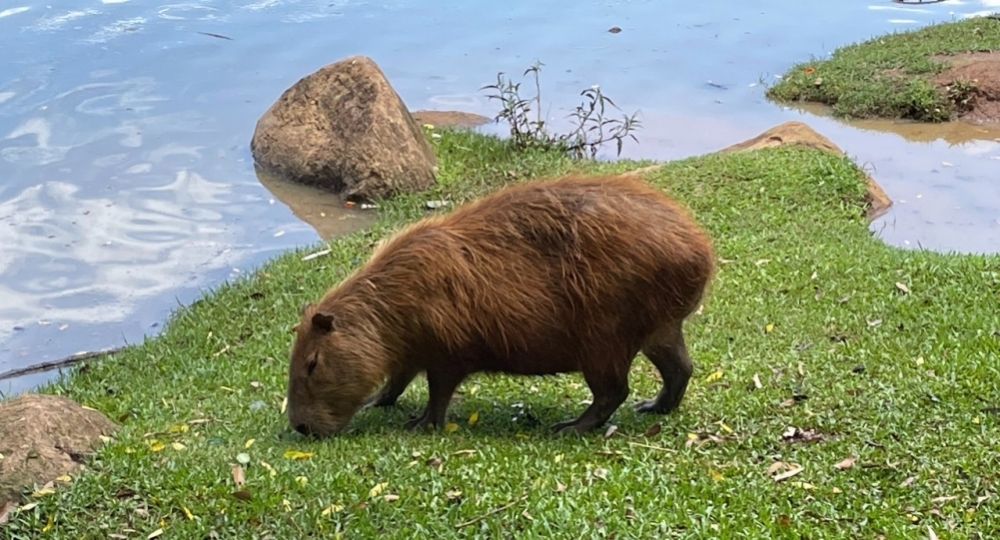
Brazilian researchers discovered, characterized and validated the functions of two novel enzyme families with biotechnological potential.
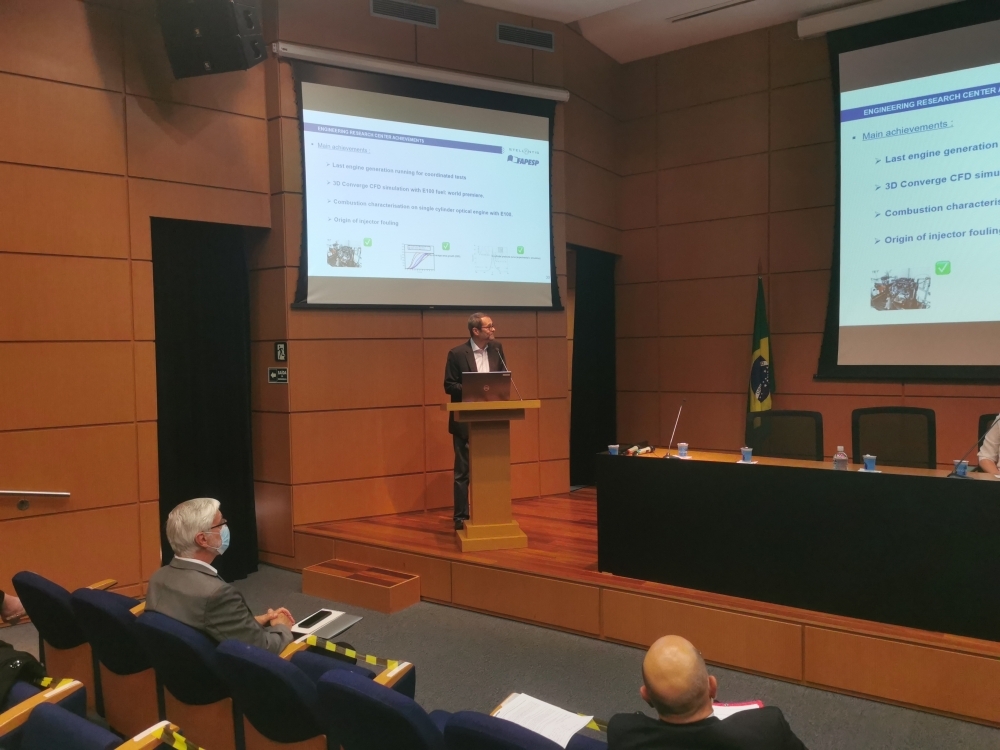
The automotive giant resulting from the PSA-Fiat Chrysler merger is partnering with FAPESP in this ERC, which is integrated with Stellantis’s global network of science labs.
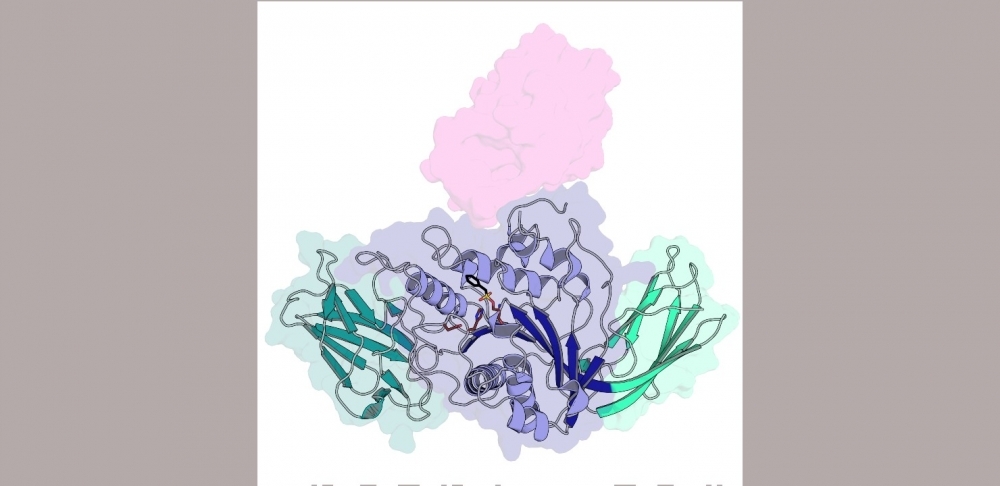
A study led by Brazilian scientists revealed the biological process used by Xanthomonas to weaken the defenses of plants and discovered a novel class of enzyme that can be used to obtain advanced sugars from agroindustrial waste.
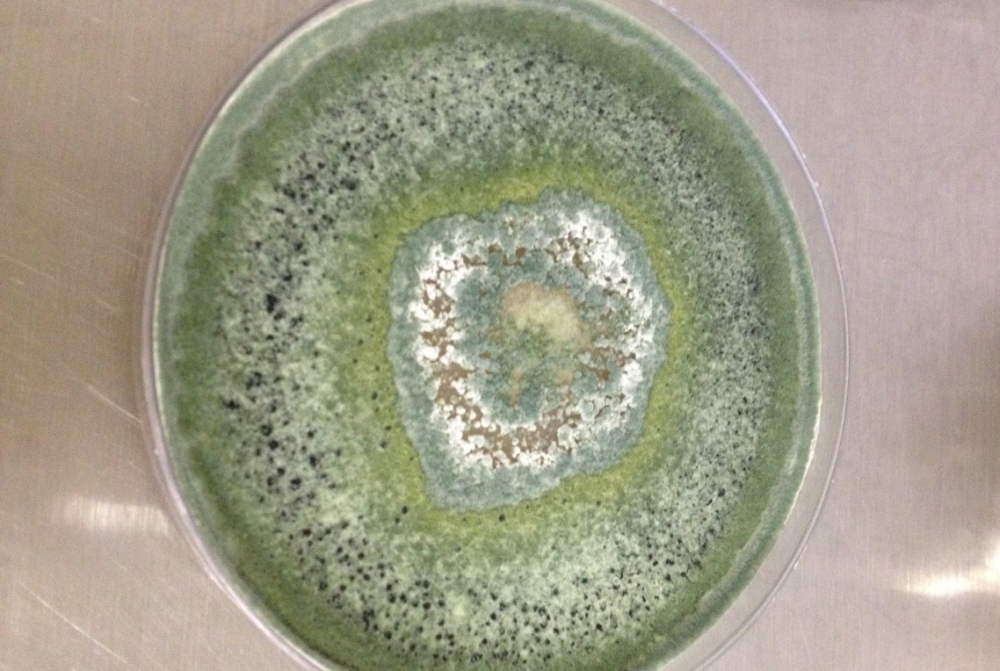
The molecule described by Brazilian researchers in the journal Scientific Reports acts on different sugars present in several sources of plant biomass, making it attractive to other industries as well.
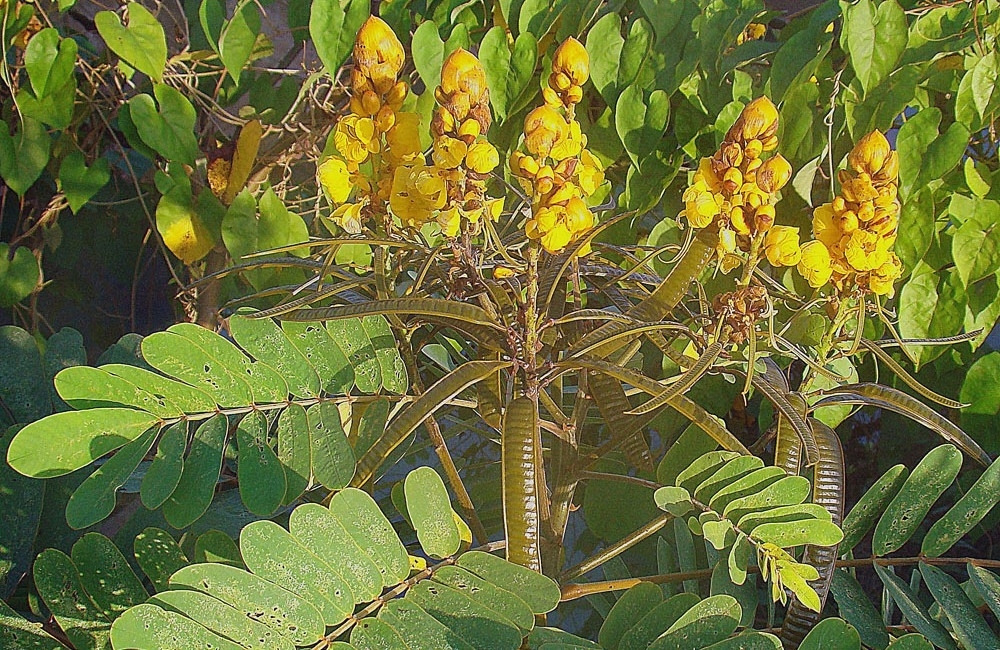
Two plants frequently found in the North of Brazil could become alternatives to sugarcane as raw materials for the production of second-generation ethanol and bioelectricity, according to studies by Brazilian researchers.
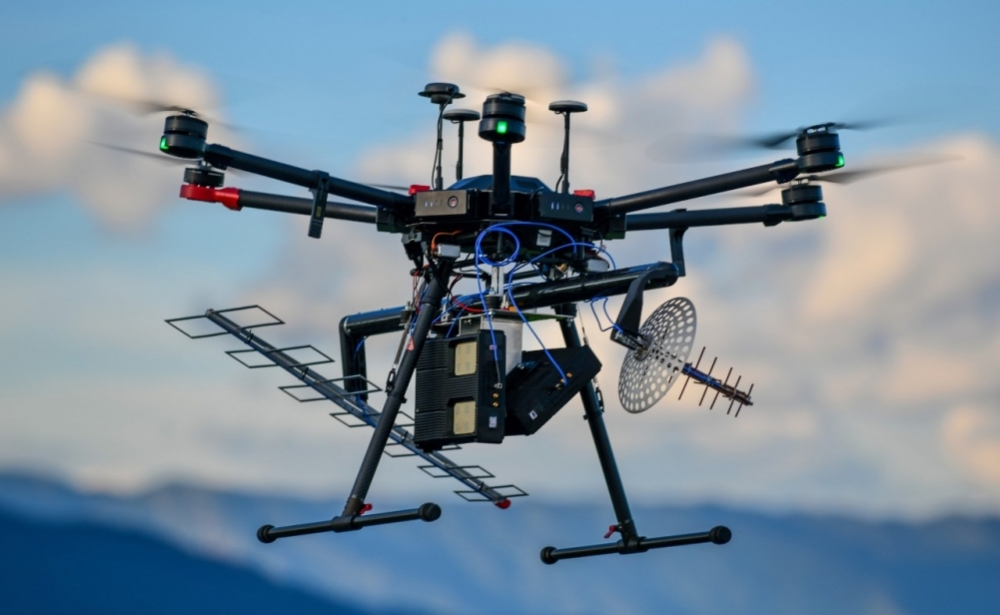
The system, developed by a startup supported by FAPESP, in partnership with researchers at the University of Campinas, helps plantation managers choose the optimal time to harvest the crop.

Agricultural residues already produce 25% of the electricity used by households in the state. The proportion could jump to 70%, according to researchers who took part in an online seminar on the topic.
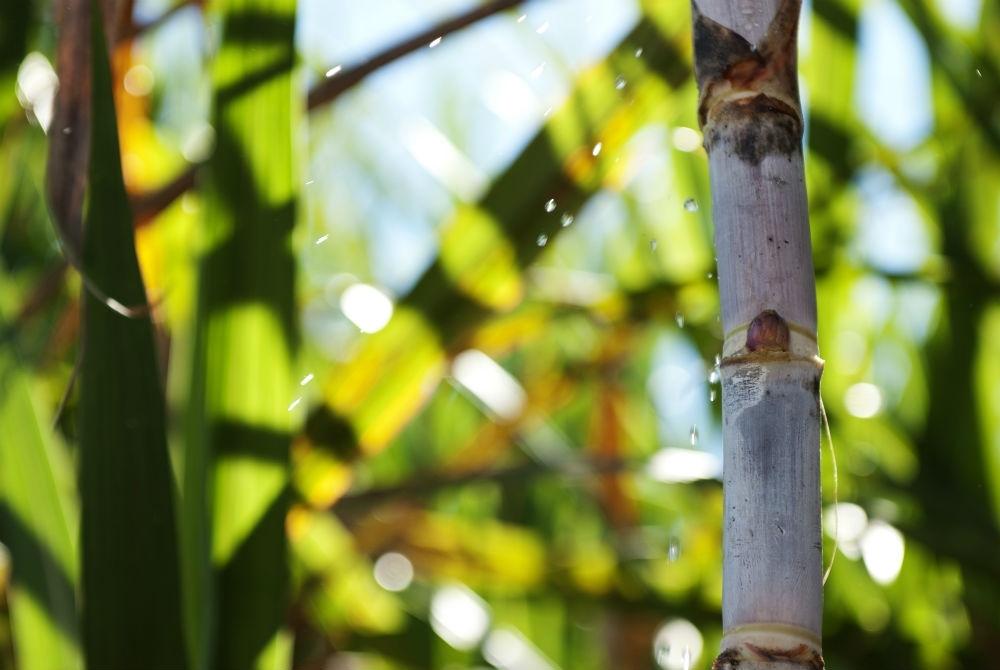
With FAPESP’s support, PangeiaBiotech develops genetically modified varieties of sugarcane that are protected against attacking insects and glyphosate-tolerant.
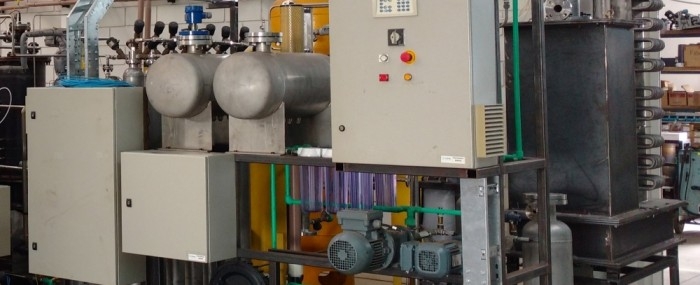
With FAPESP’s support, Hytron has developed a containerized solution for hydrogen production via ethanol reforming that eliminates the need for shipping by tanker trucks. The equipment can supply the gas to factories and vehicle service stations.

The IEA aims to help countries move the bioenergy agenda forward by identifying bottlenecks, recommending solutions and sharing best practices. The initiative was presented during a conference organized by BIOEN, FAPESP’s bioenergy research program.
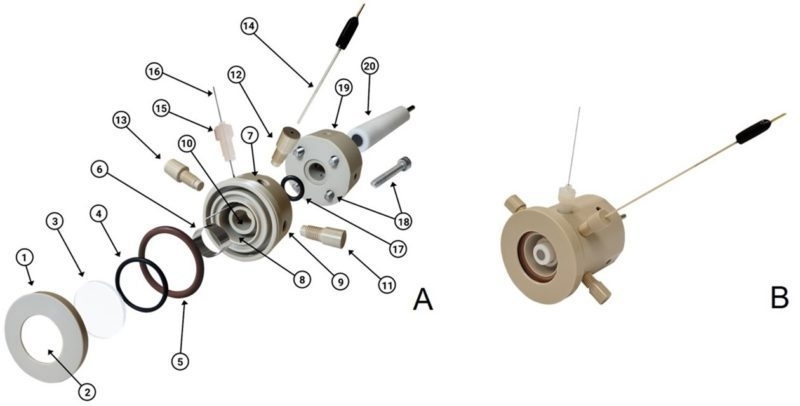
Developed at an Engineering Research Center supported by FAPESP, the novel spectroelectrochemical cell can be used to study the behavior of electrolytes and catalysts by means of X-rays and infrared or even visible light.
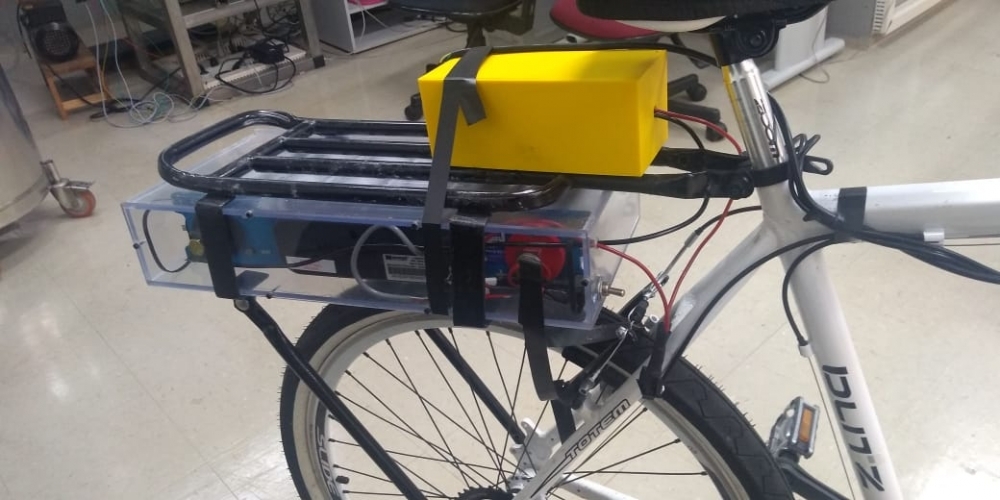
Study by FAPESP-Shell Engineering Research Center hosted at University of Campinas set out to develop supercapacitors that store more energy and batteries that charge faster.

A cross-border team of researchers refute arguments that carbon debt, opportunity cost and indirect land-use change prevent greenhouse gas mitigation by biofuels.

Incentives to drive a rapid recovery by the sector, one of the hardest hit by the COVID-19 pandemic, will contribute to a resumption of world economic growth, save or create millions of jobs, and contain global emissions of carbon dioxide, experts say.

Governments should assure continuity of policies that promote bioenergy, biofuels and bioproducts, say the speakers in a webinar held by the Brazilian Bioenergy Science and Technology Conference, which is supported by BIOEN-FAPESP.
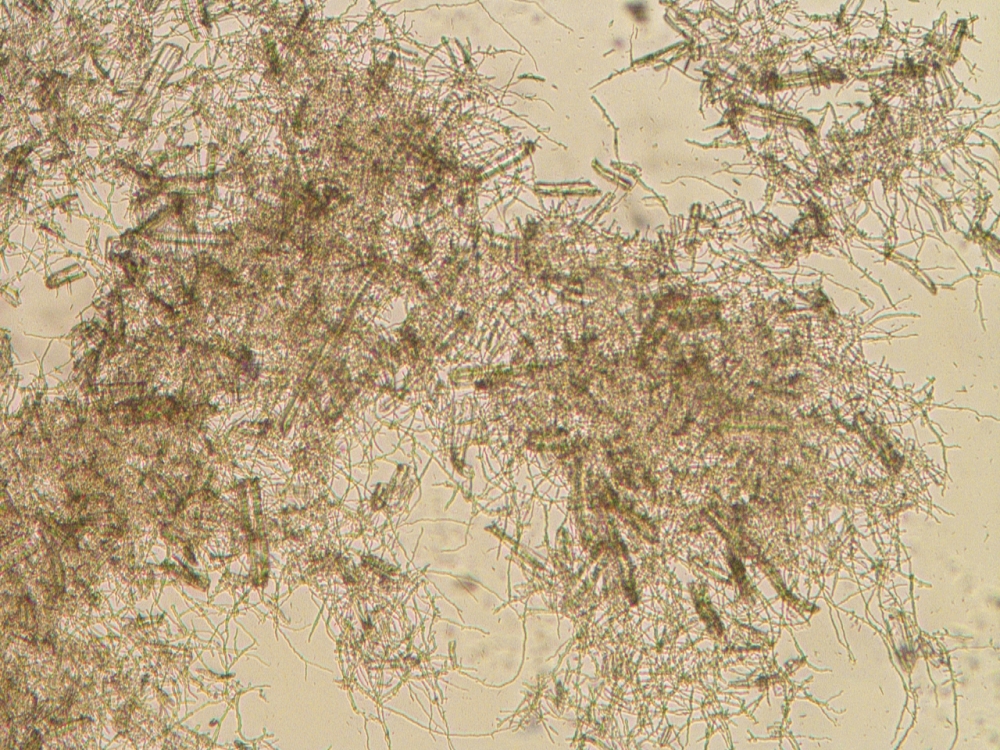
Brazilian researchers used genetic engineering to develop a low-cost platform for the production of enzymes that break down sugarcane trash and bagasse for conversion into biofuel. The novel molecules have many potential industrial applications.
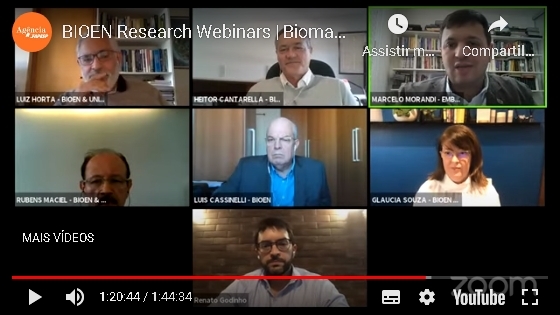
Novel forms of societal behavior and political priorities during the coronavirus crisis may become permanent, creating even more favorable conditions for increased use of renewables, as discussed in a webinar hosted by the FAPESP Bioenergy Research Program.
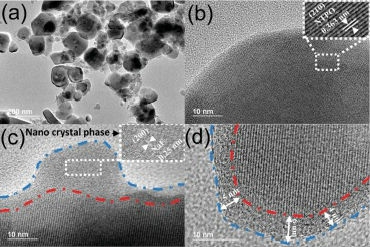
The review article by researchers at the University of São Paulo shows the advantages of this technological alternative, which is nontoxic and much cheaper than other methods.

With FAPESP’s support, researchers have succeeded in mapping 99.1% of the plant’s genes, providing knowledge that will help improve its resistance to disease and increase its biomass yield for fuel or sugar production.
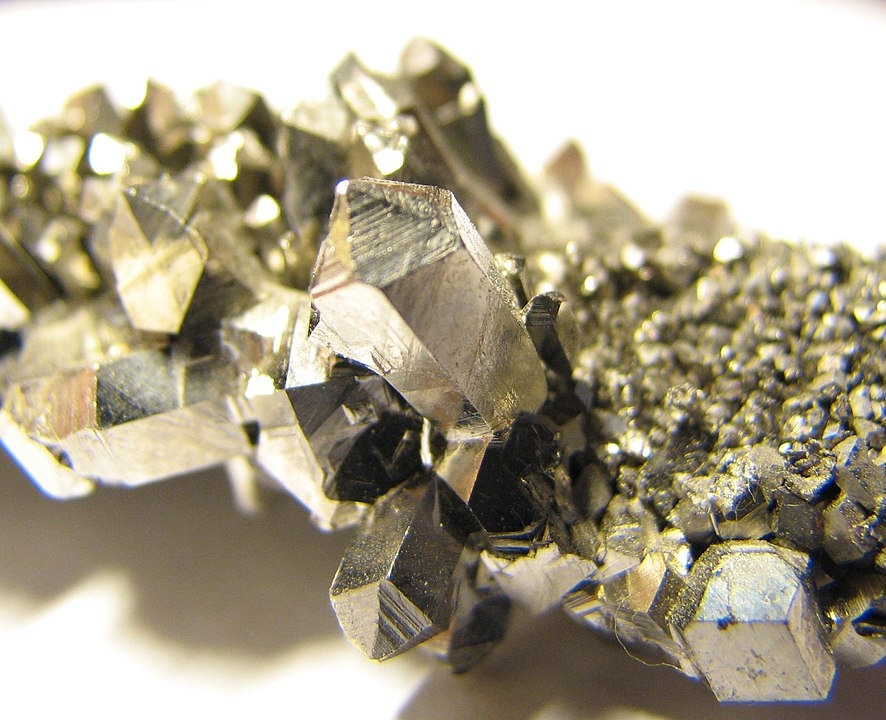
Glycerol fuel cell can replace batteries in cell phones and laptops, and could be used in future to run electric cars and supply power to homes.

Brazilian researchers calculated the amount of nutrients in sugarcane leaves, which are normally left on the ground after harvest, and the equivalent in fertilizer required to maintain crop yield if the straw is removed.
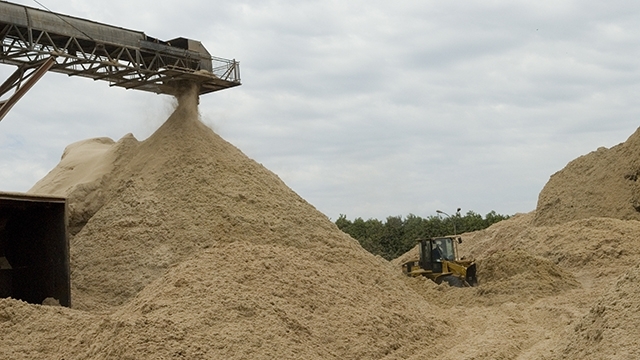
Using a protein produced by a fungus that lives in the Amazon, Brazilian researchers developed a molecule capable of increasing glucose release from biomass for fermentation.

A study conducted at the FAPESP-funded Research Centre for Gas Innovation pointed to the environmental and economic benefits of the cargo transportation industry in São Paulo State’s interior adopting LNG.